
Find Help
More Items From Ergsy search
-

What causes heart failure?
Relevance: 100%
-
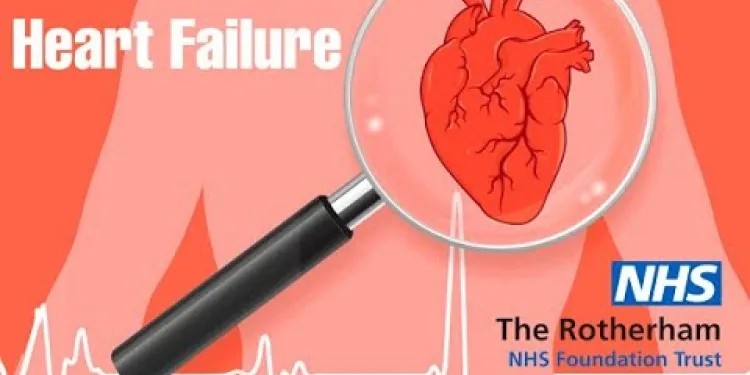
Heart Failure : Symptoms of heart failure
Relevance: 93%
-
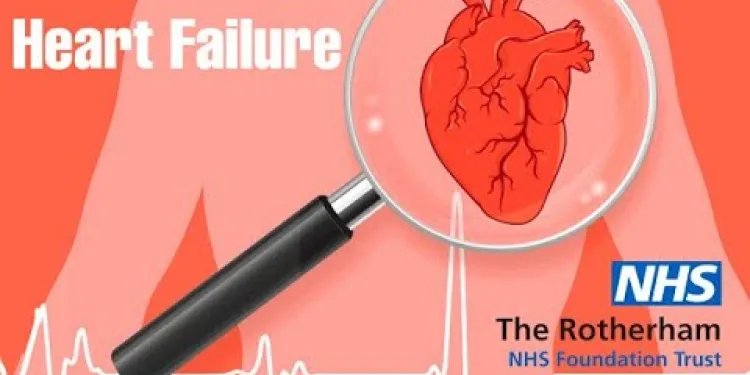
Heart Failure : What is heart failure?
Relevance: 92%
-
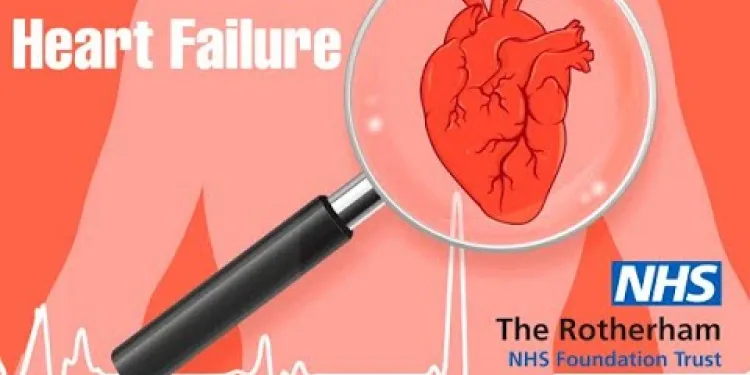
Heart Failure : Heart failure that cannot pump
Relevance: 89%
-

Heart Failure : The normal heart
Relevance: 87%
-

Heart failure introduction
Relevance: 85%
-

Are there different types of heart failure?
Relevance: 83%
-
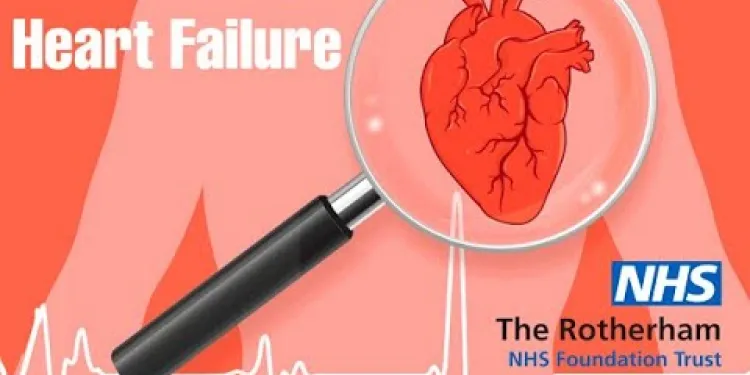
Heart Failure : When the heart becomes stiff?
Relevance: 82%
-
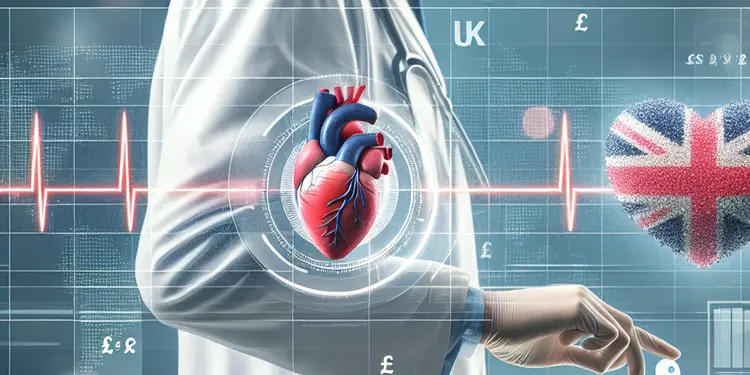
How is heart failure diagnosed?
Relevance: 78%
-
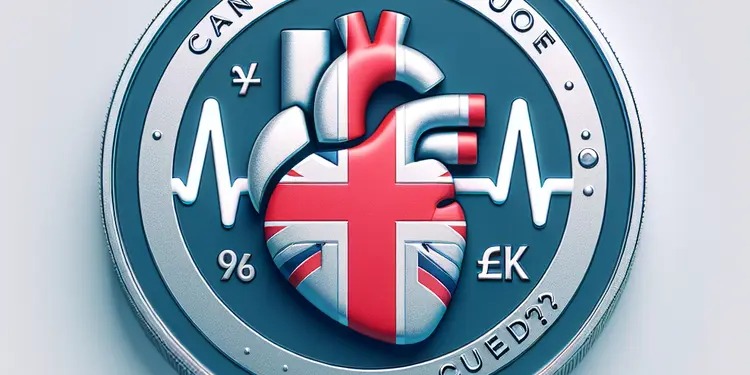
Can heart failure be cured?
Relevance: 78%
-
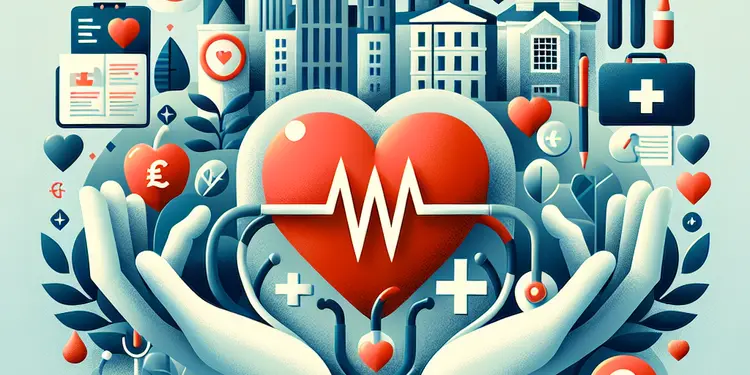
Can heart failure be prevented?
Relevance: 77%
-
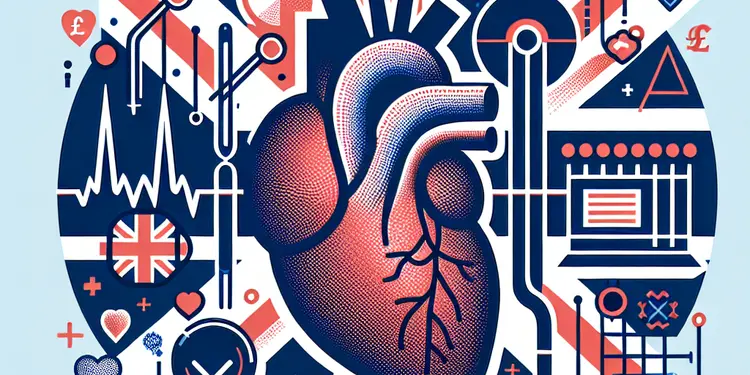
Can heart failure affect other organs?
Relevance: 77%
-
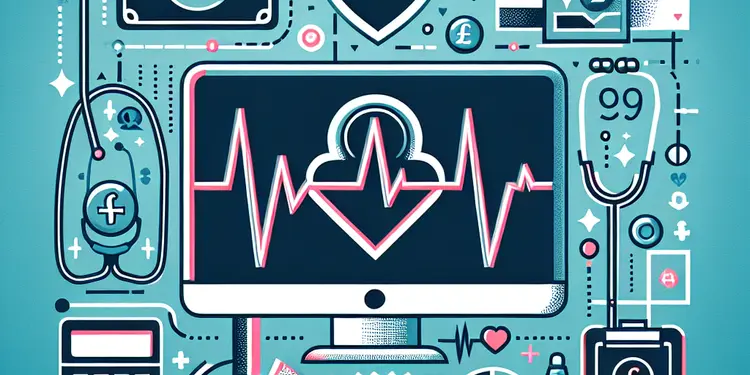
What is the prognosis for someone with heart failure?
Relevance: 76%
-
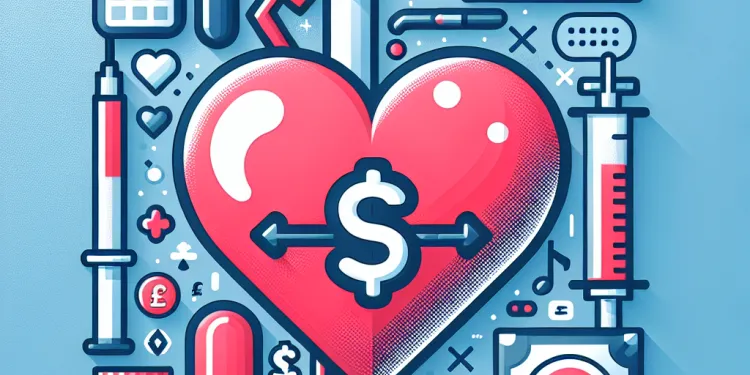
Is Baxdrostat used in treating heart failure?
Relevance: 74%
-
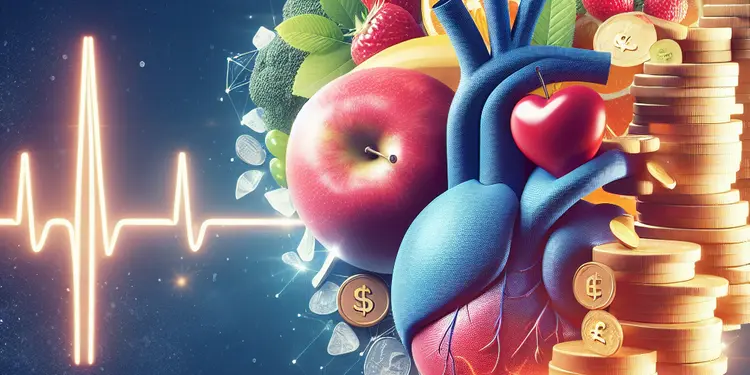
What is the role of diet in managing heart failure?
Relevance: 73%
-
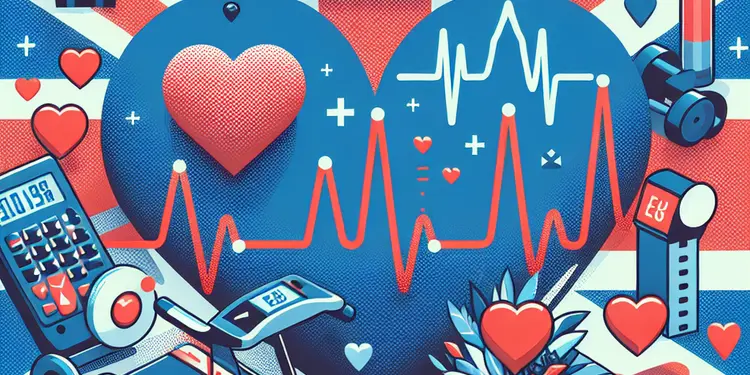
How does exercise impact heart failure?
Relevance: 72%
-

What medications are commonly prescribed for heart failure?
Relevance: 72%
-
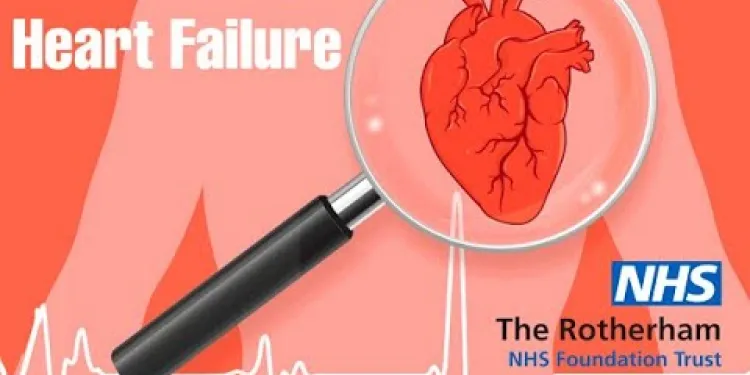
Heart Failure : Treatment and monitoring of fluid retention
Relevance: 71%
-
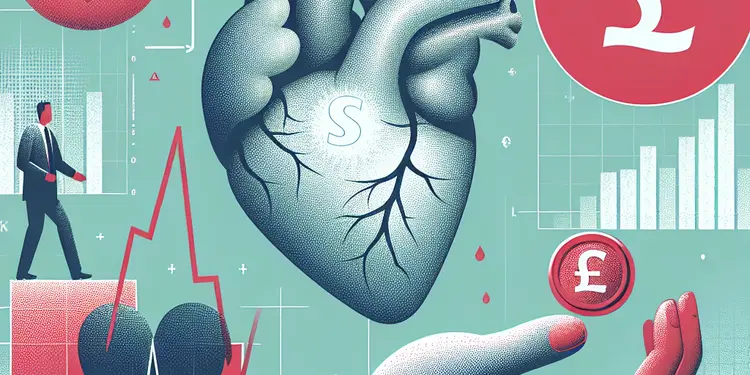
What should I do if I experience symptoms of heart failure?
Relevance: 70%
-
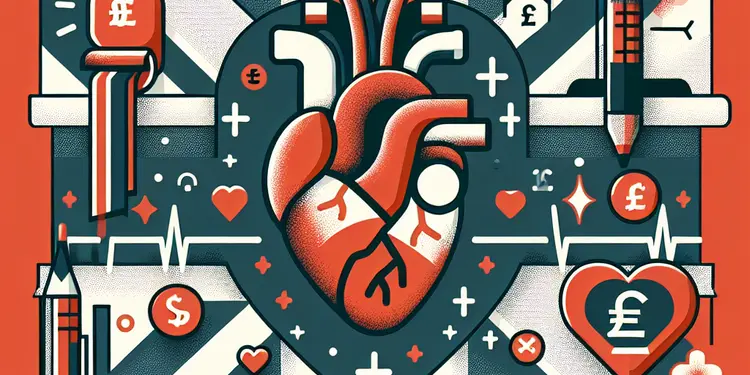
What is heart failure?
Relevance: 64%
-

What are the common symptoms of heart failure?
Relevance: 56%
-
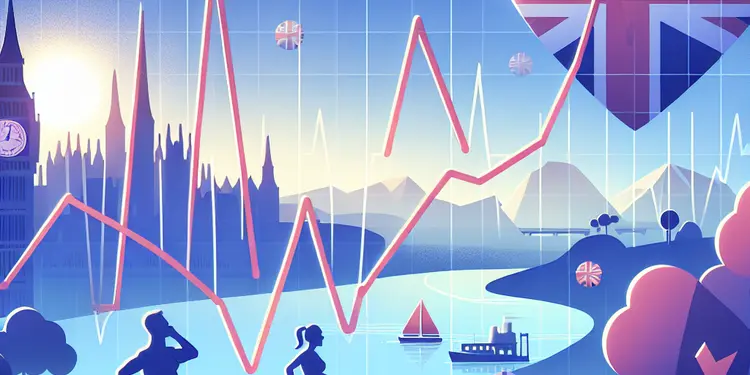
What lifestyle changes can help manage heart failure?
Relevance: 47%
-
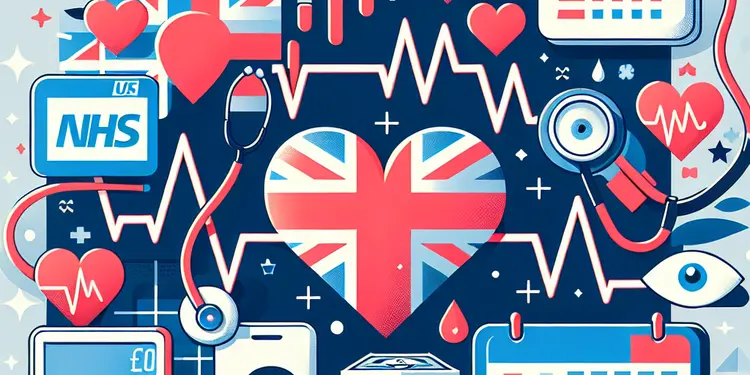
How often should someone with heart failure see their doctor?
Relevance: 47%
-
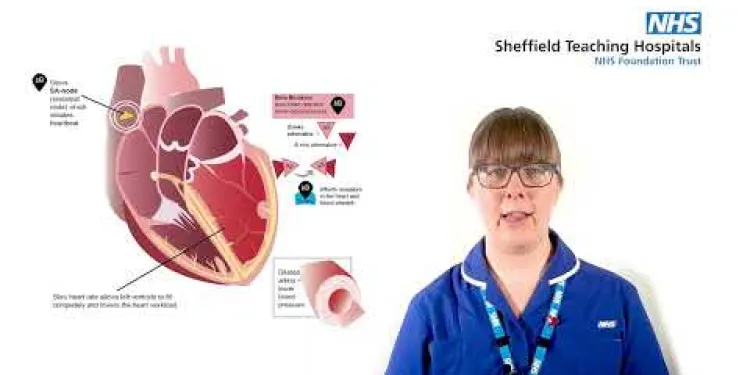
Medicines of the heart
Relevance: 47%
-

Is my abnormal heart rhythm dangerous?
Relevance: 47%
-
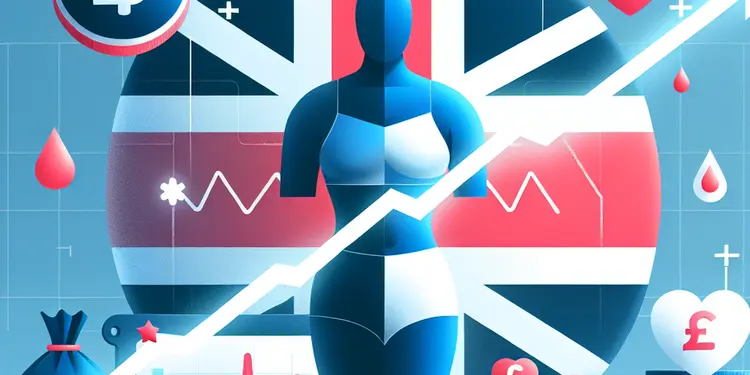
Can weight loss drugs cause increased heart rate?
Relevance: 46%
-

Is my abnormal heart rhythm dangerous?
Relevance: 43%
-
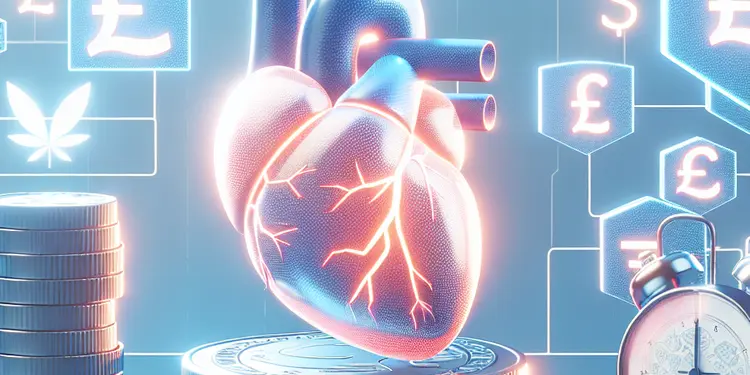
How do beta-blockers contribute to heart attack prevention?
Relevance: 43%
-
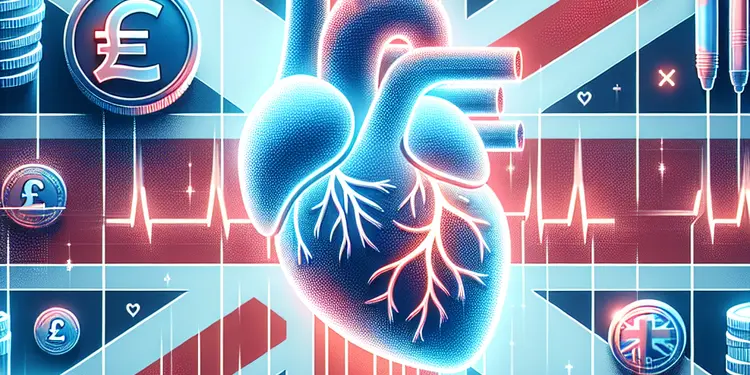
What are the long-term effects of a heart attack?
Relevance: 39%
-

Can anxiety cause heart attack-like symptoms?
Relevance: 39%
-
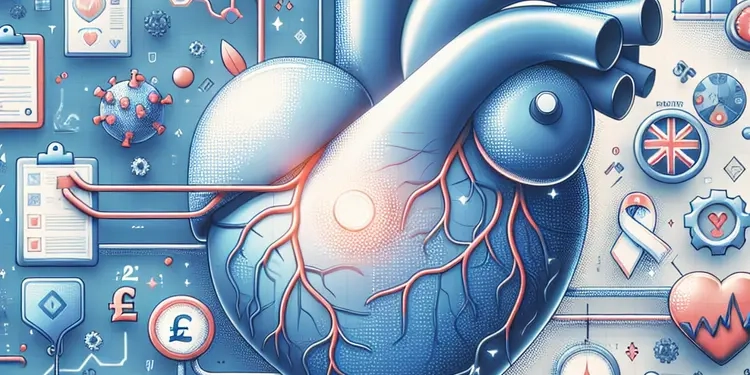
What is heart valve disease?
Relevance: 39%
-

Does coffee consumption have any long-term heart health effects?
Relevance: 38%
-

Heart Attack Stories | NHS
Relevance: 38%
-

Heart stents
Relevance: 38%
-
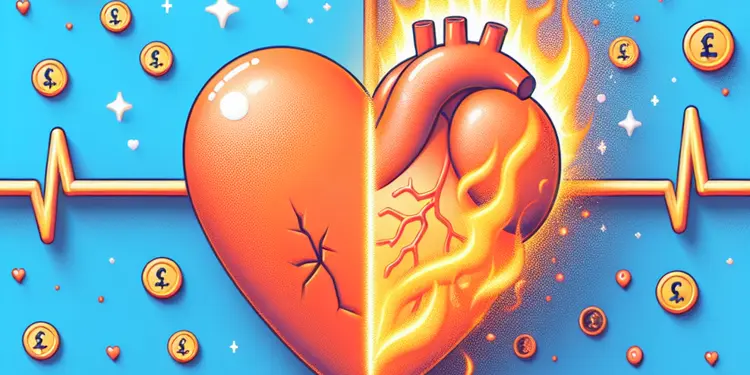
How can I differentiate between heartburn and a heart attack?
Relevance: 36%
-

Heart Attack Symptoms - Help Us Help You | NHS
Relevance: 36%
-
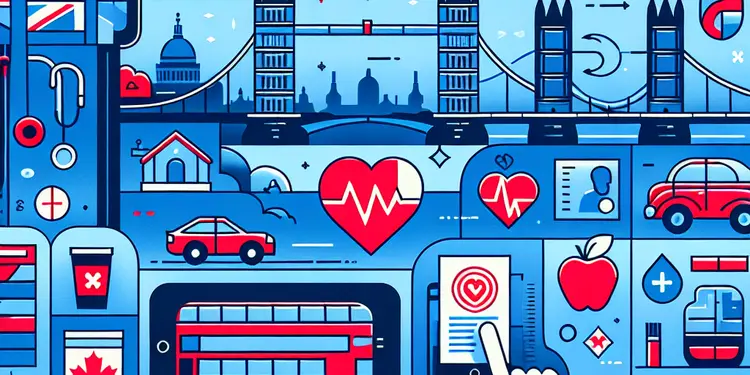
What are the risk factors for a heart attack?
Relevance: 36%
-

Heart Attack Stories | NHS
Relevance: 35%
-
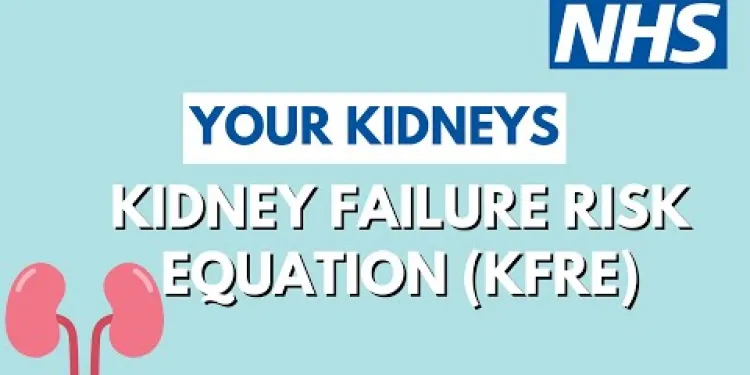
What is my risk of kidney failure with CKD (chronic kidney disease) | UHL NHS Trust
Relevance: 35%
-

Is it possible to prevent a heart attack?
Relevance: 35%
Introduction to Heart Failure
Heart failure is a complex clinical syndrome that results from any structural or functional cardiac disorder that impairs the ability of the ventricle to fill with or eject blood. It is a critical public health issue, affecting a significant number of individuals in the United Kingdom and globally. Understanding the causes of heart failure is essential for effective prevention and management.
Coronary Artery Disease
Coronary artery disease (CAD) is one of the most common causes of heart failure. It occurs when the arteries supplying blood to the heart muscle become narrowed or blocked due to a build-up of cholesterol and fatty deposits, known as plaques. This condition limits the oxygen-rich blood supply to the heart muscle, which can weaken it over time and eventually lead to heart failure. Myocardial infarction, or a heart attack, which results from a complete blockage of one of these arteries, often precipitates heart failure.
Hypertension
Hypertension, or high blood pressure, can lead to heart failure by causing the heart to work harder than usual to circulate blood throughout the body. Over time, this increased workload can damage the heart muscle, leading to thickening of the ventricular walls and a reduction in the heart's ability to pump effectively. This process can result in left ventricular hypertrophy and heart failure.
Cardiomyopathy
Cardiomyopathy is a disease of the heart muscle itself, which can lead to heart failure. It can be caused by a range of factors, including genetic conditions, infections, excessive alcohol consumption, and drug abuse. Types of cardiomyopathy include dilated cardiomyopathy, where the heart becomes enlarged and weakened, hypertrophic cardiomyopathy, where the heart muscle thickens abnormally, and restrictive cardiomyopathy, which affects the heart's ability to fill with blood. These conditions can severely impair the heart's function and lead to heart failure.
Heart Valve Disease
Heart valve disease is another significant cause of heart failure. It occurs when one or more of the heart's valves do not function properly. This can lead to improper blood flow within the heart, resulting in strain and damage to the cardiac muscle. Conditions such as aortic stenosis, mitral regurgitation, and valve calcification can progressively lead to heart failure if untreated.
Other Contributing Factors
Several other factors can contribute to the development of heart failure. Diabetes, a condition characterized by high blood sugar levels, is known to be a risk factor for heart failure due to its impact on blood vessels and the heart. Obesity and sedentary lifestyle are also important contributors. Infections, particularly viral infections that affect the heart muscle, can induce heart failure as well. Additionally, chronic conditions such as chronic obstructive pulmonary disease (COPD) and kidney disease can exacerbate heart failure.
Introduction to Heart Failure
Heart failure happens when the heart cannot pump blood properly. This means it is hard for the heart to fill with or push out blood. Many people in the United Kingdom and around the world have this problem. It is important to learn what causes heart failure to help prevent and manage it.
Coronary Artery Disease
Coronary artery disease (CAD) is a common reason for heart failure. It occurs when the tubes that carry blood to the heart get narrow or blocked. This is due to fat and cholesterol build-up. This makes it hard for the heart to get enough oxygen-rich blood. Without enough blood, the heart can get weak and stop working well. Sometimes, a total blockage causes a heart attack, which can lead to heart failure.
Hypertension
Hypertension means high blood pressure. It makes the heart work harder to move blood. Over time, this can hurt the heart muscle. The heart walls get thick and the heart cannot pump blood well. This can lead to heart failure.
Cardiomyopathy
Cardiomyopathy is when the heart muscle gets sick or damaged. It can be because of genes, infections, too much alcohol, or drugs. There are different types:
- Dilated cardiomyopathy: the heart gets bigger and weaker.
- Hypertrophic cardiomyopathy: the heart muscle gets too thick.
- Restrictive cardiomyopathy: the heart cannot fill with blood properly.
All these conditions make it hard for the heart to work and can cause heart failure.
Heart Valve Disease
Heart valve disease happens when the heart's valves do not work right. Valves control blood flow in the heart. If they do not work, it can hurt the heart muscle. Problems like aortic stenosis and mitral regurgitation can lead to heart failure if not treated.
Other Contributing Factors
Other things can make heart failure worse. Diabetes, which is high blood sugar, hurts the heart and blood vessels. Being very overweight and not moving much are also bad. Infections that harm the heart can lead to heart failure, too. Chronic problems like lung disease (COPD) and kidney disease can make heart failure worse.
Using tools like picture cards and apps that read text out loud can help understand this information better. It's also good to talk to a doctor or nurse if you have questions.
Frequently Asked Questions
What is heart failure?
Heart failure is a condition where the heart is unable to pump enough blood to meet the body's needs.
What are the primary causes of heart failure?
The primary causes include coronary artery disease, high blood pressure, diabetes, and cardiomyopathy.
How does coronary artery disease lead to heart failure?
Coronary artery disease reduces blood flow to the heart muscle, weakening it over time and potentially leading to heart failure.
Can high blood pressure cause heart failure?
Yes, chronic high blood pressure forces the heart to work harder than normal, which can weaken the heart and lead to heart failure.
What role does diabetes play in heart failure?
Diabetes increases the risk of high blood pressure and coronary artery disease, both of which can increase the likelihood of heart failure.
How does cardiomyopathy contribute to heart failure?
Cardiomyopathy is a disease of the heart muscle that can make it difficult for the heart to pump blood, leading to heart failure.
Can heart valve problems cause heart failure?
Yes, damaged or weakened heart valves can force the heart to work harder, which can lead to heart failure over time.
What is the impact of arrhythmias on heart failure?
Arrhythmias, or irregular heartbeats, can reduce the heart's efficiency and result in heart failure.
Are there genetic factors in heart failure?
Yes, some types of heart failure have a genetic component, meaning they can be inherited from family members.
How does obesity contribute to heart failure?
Obesity increases the risk of developing high blood pressure and diabetes, both of which are risk factors for heart failure.
Can excessive alcohol consumption cause heart failure?
Yes, long-term excessive alcohol intake can damage the heart muscle, leading to a type of heart failure called alcoholic cardiomyopathy.
Is smoking a risk factor for heart failure?
Smoking can damage the heart and blood vessels, increasing the risk of atherosclerosis and heart failure.
What infections can lead to heart failure?
Certain viral infections can infect and damage heart muscle, potentially leading to heart failure.
Why do heart attacks increase the risk of heart failure?
Heart attacks can damage the heart muscle severely, reducing its ability to pump blood effectively and leading to heart failure.
Can sleep apnea cause heart failure?
Yes, untreated sleep apnea can contribute to high blood pressure and increase the risk of heart failure.
How do congenital heart defects lead to heart failure?
Congenital heart defects are structural problems present at birth that can lead to inefficient heart function and heart failure.
What is the connection between kidney disease and heart failure?
Kidney disease can lead to fluid and waste buildup in the body, putting extra stress on the heart and potentially causing heart failure.
Can hyperthyroidism or hypothyroidism lead to heart failure?
Both hyperthyroidism and hypothyroidism can affect heart function and sometimes lead to heart failure.
Are there medications that can cause heart failure?
Yes, some medications, like certain chemotherapy drugs, can damage the heart and lead to heart failure.
How does stress affect the risk of heart failure?
Chronic stress can contribute to heart disease and potentially lead to heart failure by raising blood pressure and causing inflammation.
What is heart failure?
Heart failure means the heart is not working as well as it should. The heart is a muscle that pumps blood around the body. When it does not pump well, your body does not get enough blood and oxygen.
Your breathing might feel hard. You could feel very tired. It is important to see a doctor if you feel this way.
Some tools can help:
- Visit a doctor: They can check your heart and tell you what to do.
- Follow a healthy diet: Eating good food can help your heart.
- Exercise: Moving your body can make your heart stronger. Ask a doctor how much you can do.
Heart failure is when the heart can't pump enough blood for the body.
What causes heart problems?
The main causes are heart disease, high blood pressure, diabetes, and heart muscle problems.
How can heart disease make the heart stop working well?
What happens when the heart's blood vessels get sick?
Blood vessels are like roads for blood. When they get sick, blood can't go where it needs to. This can make the heart weak. When the heart is weak, it might not work as it should. This means the heart can't pump blood well.
Tools to help understand:
- Use drawings to see how the heart pumps blood.
- Ask someone to explain with simple words.
Coronary artery disease makes it hard for blood to get to the heart. This can make the heart weak. If it gets very bad, it can cause heart failure.
Tip: Look at pictures or videos to help understand. Ask a family member or friend to explain if you need help.
Can high blood pressure make the heart stop working well?
Yes, having high blood pressure for a long time makes the heart work too hard. This can make the heart weaker and cause heart problems.
How does diabetes affect the heart?
Diabetes is a disease where your blood sugar is too high. This can harm your body.
Diabetes can make your heart weaker. This means it might not work as well. If the heart doesn’t pump blood well, this is called heart failure.
People with diabetes should see the doctor often. Doctors can help keep the heart healthy.
Tools like picture cards and simple videos can help you understand more.
Having diabetes can make you more likely to have high blood pressure. This can also make you more likely to have heart problems. It can make your heart weak.
Here are some ways to help:
- Eat healthy foods.
- Exercise regularly.
- Check your blood sugar often.
- Talk to the doctor about your heart.
How does a weak heart muscle cause heart problems?
The heart is a muscle that pumps blood. Sometimes, this muscle gets weak or grows too big. This is called cardiomyopathy. When the heart is weak, it can't pump blood well. This can cause heart problems. People with heart problems may feel tired and breathless.
If someone has these problems, they should see a doctor. The doctor can help find ways to make the heart stronger. It's important to get help early.
Reading tools like audiobooks and text-to-speech can help people understand more. They can listen to the information and follow along with the text. Pictures and videos about the heart might also help.
Cardiomyopathy is when the heart muscle is not healthy. This makes it hard for the heart to pump blood. If the heart cannot pump blood well, it can lead to heart failure.
Here are some tips to help understand this:
- Use simple words to talk about the heart.
- Look at pictures of the heart to see how it works.
- Ask someone to explain the parts that are confusing.
Can problems with heart valves lead to heart failure?
Your heart has parts called valves. These valves help blood move in the right way. If these valves do not work well, they can make the heart weak or sick. This is called heart failure.
Use tools like pictures or videos to learn more about how the heart works. It can help to talk about these with a friend, parent, or teacher.
Yes, when heart valves are not working well, the heart has to work more. This can make the heart get tired and stop working as it should later on.
Here are some tips to help understand this: - Heart valves are like doors in your heart that open and close. - If these doors don't work right, the heart gets tired. - Over time, this can lead to heart problems. Tools that can help: - Read with someone who can explain things to you. - Use a dictionary for words you don't know. - Highlight or circle important words to remember.How do heart rhythm problems affect heart failure?
Arrhythmias are when the heart does not beat in a regular way. This can make the heart work less well and can sometimes lead to heart failure.
Do genes play a role in heart problems?
Yes, some kinds of heart problems can run in families. This means you can get them from your parents or grandparents.
How does being very overweight cause heart problems?
Being very overweight is also called obesity. It can make your heart work too hard.
When the heart works too hard, it can get tired and not work as well. This can cause heart problems.
Here are some ideas to help:
- Eat more fruits and vegetables.
- Exercise or move around a little every day.
- Talk to a doctor for more help.
Being very overweight makes it more likely to get high blood pressure and diabetes. These can make your heart not work as well.
Can drinking too much alcohol hurt your heart?
Drinking a lot of alcohol for a long time can hurt your heart. This can make your heart muscle weak. When this happens, it is called alcoholic cardiomyopathy.
Can smoking hurt your heart?
Smoking can hurt your heart and blood vessels. This makes it more likely to have blocked blood flow and heart problems.
What germs can make the heart stop working well?
Some viruses can hurt your heart. They can make the heart muscle sick, which might lead to heart problems later on.
Why are heart attacks bad for the heart?
A heart attack can hurt the heart. This makes it weaker. When the heart is weak, it can't pump blood well. This can lead to heart failure.
You can use pictures or videos to help understand how the heart works. Talking to a doctor can also help you learn more.
Heart attacks can hurt the heart muscle a lot. This makes it hard for the heart to pump blood the right way. It might cause heart failure.
Can sleep apnea make your heart sick?
Sleep apnea is when you stop breathing for short times while sleeping. This can be bad for your heart.
If you have sleep apnea for a long time, it can make your heart weak. A weak heart is not good and can lead to heart trouble.
If you snore a lot or feel very tired during the day, talk to a doctor. They can help you.
Try using tools like picture charts to help explain sleep apnea and heart health. Talking with a family member or friend can also make things easier to understand.
Yes, if sleep apnea is not treated, it can make blood pressure go up and could lead to heart problems.
How do heart problems from birth cause the heart to stop working well?
Some people are born with heart problems. These problems can make the heart work too hard.
This can cause the heart to get tired or weak. When the heart is weak, it can't pump blood as well as it should. This is called heart failure.
Ways to help you understand better:
- Use simple words and pictures to learn about the heart.
- Ask someone to explain things if you're not sure.
- Break information into smaller parts to make it easier.
Some babies are born with heart problems. This means their heart is not built the right way. These problems can make it hard for their heart to work properly.
How are kidney disease and heart problems linked?
Kidneys and the heart work closely together in the body.
If kidneys don't work well, the heart can have problems too.
If the heart doesn't work well, it can make kidney problems worse.
Doctors can help with special treatments.
Ask for help from family, friends, or health workers if you need support.
When your kidneys are not working well, waste and water can build up in your body. This can make your heart work too hard and might cause heart problems.
Can thyroid problems affect your heart?
Thyroid problems happen when a tiny gland in your neck makes too much or too little hormone. This can make you feel very active or very tired.
These problems can sometimes affect your heart, which is an important muscle in your body. If your heart doesn't work well, it can lead to heart failure. Heart failure means the heart cannot pump blood properly.
If you find this hard to understand, you can:
- Ask a friend or family member to help explain it.
- Use pictures to help you see what the words mean.
- Listen to someone read it out loud to you.
When the thyroid gland is too active (hyperthyroidism) or not active enough (hypothyroidism), it can make the heart work differently. This might sometimes cause heart problems.
Can some medicines make your heart stop working well?
Yes, some medicines, like some cancer drugs, can hurt the heart and cause heart problems.
How does stress make heart problems worse?
Stress is when you feel worried or nervous. It can make your heart work harder. If you feel stressed a lot, it can make it easier to have heart problems.
Ways to feel less stressed:
- Take deep breaths.
- Listen to calming music.
- Talk to someone about how you feel.
- Do easy exercises like walking.
These can help your heart stay healthy.
Being stressed for a long time is not good for your heart. It can make your heart sick. Stress can make your blood pressure go up and cause swelling inside your body.
Useful Links
This website offers general information and is not a substitute for professional advice.
Always seek guidance from qualified professionals.
If you have any medical concerns or need urgent help, contact a healthcare professional or emergency services immediately.
Some of this content was generated with AI assistance. We’ve done our best to keep it accurate, helpful, and human-friendly.
- Ergsy carfully checks the information in the videos we provide here.
- Videos shown by Youtube after a video has completed, have NOT been reviewed by ERGSY.
- To view, click the arrow in centre of video.
- Most of the videos you find here will have subtitles and/or closed captions available.
- You may need to turn these on, and choose your preferred language.
- Go to the video you'd like to watch.
- If closed captions (CC) are available, settings will be visible on the bottom right of the video player.
- To turn on Captions, click settings .
- To turn off Captions, click settings again.
More Items From Ergsy search
-

What causes heart failure?
Relevance: 100%
-

Heart Failure : Symptoms of heart failure
Relevance: 93%
-

Heart Failure : What is heart failure?
Relevance: 92%
-

Heart Failure : Heart failure that cannot pump
Relevance: 89%
-

Heart Failure : The normal heart
Relevance: 87%
-

Heart failure introduction
Relevance: 85%
-

Are there different types of heart failure?
Relevance: 83%
-

Heart Failure : When the heart becomes stiff?
Relevance: 82%
-

How is heart failure diagnosed?
Relevance: 78%
-

Can heart failure be cured?
Relevance: 78%
-

Can heart failure be prevented?
Relevance: 77%
-

Can heart failure affect other organs?
Relevance: 77%
-

What is the prognosis for someone with heart failure?
Relevance: 76%
-

Is Baxdrostat used in treating heart failure?
Relevance: 74%
-

What is the role of diet in managing heart failure?
Relevance: 73%
-

How does exercise impact heart failure?
Relevance: 72%
-

What medications are commonly prescribed for heart failure?
Relevance: 72%
-

Heart Failure : Treatment and monitoring of fluid retention
Relevance: 71%
-

What should I do if I experience symptoms of heart failure?
Relevance: 70%
-

What is heart failure?
Relevance: 64%
-

What are the common symptoms of heart failure?
Relevance: 56%
-

What lifestyle changes can help manage heart failure?
Relevance: 47%
-

How often should someone with heart failure see their doctor?
Relevance: 47%
-

Medicines of the heart
Relevance: 47%
-

Is my abnormal heart rhythm dangerous?
Relevance: 47%
-

Can weight loss drugs cause increased heart rate?
Relevance: 46%
-

Is my abnormal heart rhythm dangerous?
Relevance: 43%
-

How do beta-blockers contribute to heart attack prevention?
Relevance: 43%
-

What are the long-term effects of a heart attack?
Relevance: 39%
-

Can anxiety cause heart attack-like symptoms?
Relevance: 39%
-

What is heart valve disease?
Relevance: 39%
-

Does coffee consumption have any long-term heart health effects?
Relevance: 38%
-

Heart Attack Stories | NHS
Relevance: 38%
-

Heart stents
Relevance: 38%
-

How can I differentiate between heartburn and a heart attack?
Relevance: 36%
-

Heart Attack Symptoms - Help Us Help You | NHS
Relevance: 36%
-

What are the risk factors for a heart attack?
Relevance: 36%
-

Heart Attack Stories | NHS
Relevance: 35%
-

What is my risk of kidney failure with CKD (chronic kidney disease) | UHL NHS Trust
Relevance: 35%
-

Is it possible to prevent a heart attack?
Relevance: 35%


